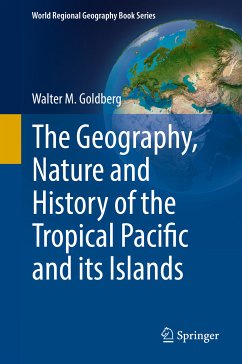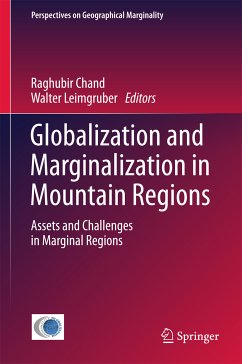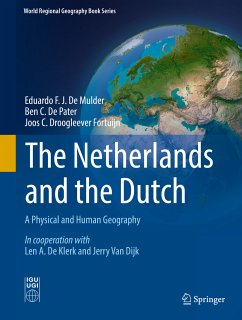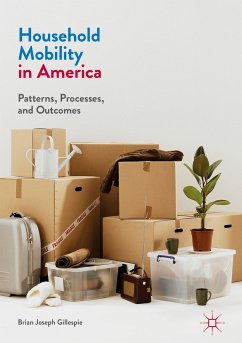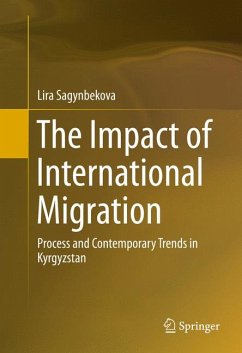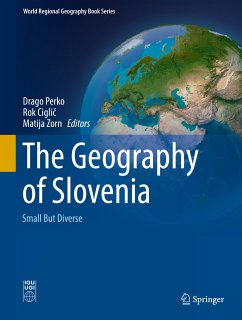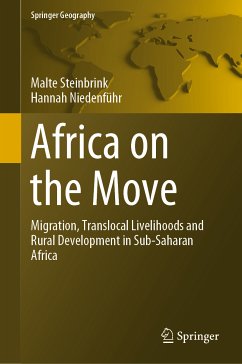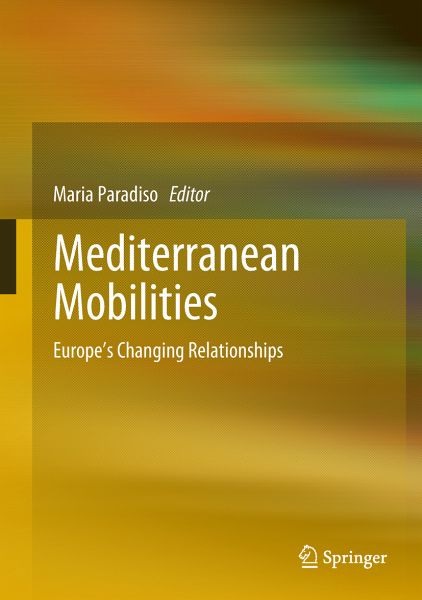
Mediterranean Mobilities (eBook, PDF)
Europe's Changing Relationships
Redaktion: Paradiso, Maria
Versandkostenfrei!
Sofort per Download lieferbar
72,95 €
inkl. MwSt.
Weitere Ausgaben:

PAYBACK Punkte
36 °P sammeln!
Contains primary data and lessons learned for policy makers
Describes case studies useful as laboratory and field preparation materials
Includes chapters by authors from different continents appealing to classroom teaching and to general audiences far beyond Europe
Describes case studies useful as laboratory and field preparation materials
Includes chapters by authors from different continents appealing to classroom teaching and to general audiences far beyond Europe
Dieser Download kann aus rechtlichen Gründen nur mit Rechnungsadresse in A, B, BG, CY, CZ, D, DK, EW, E, FIN, F, GR, HR, H, IRL, I, LT, L, LR, M, NL, PL, P, R, S, SLO, SK ausgeliefert werden.



